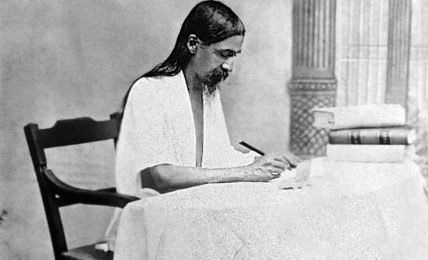Why highest marks in the board exams are not enough for leading a good life??
Our education system focuses more on scoring the highest marks rather than learning. The majority of students score well in board exams, but they lack a conceptual understanding of the subject.





Right…